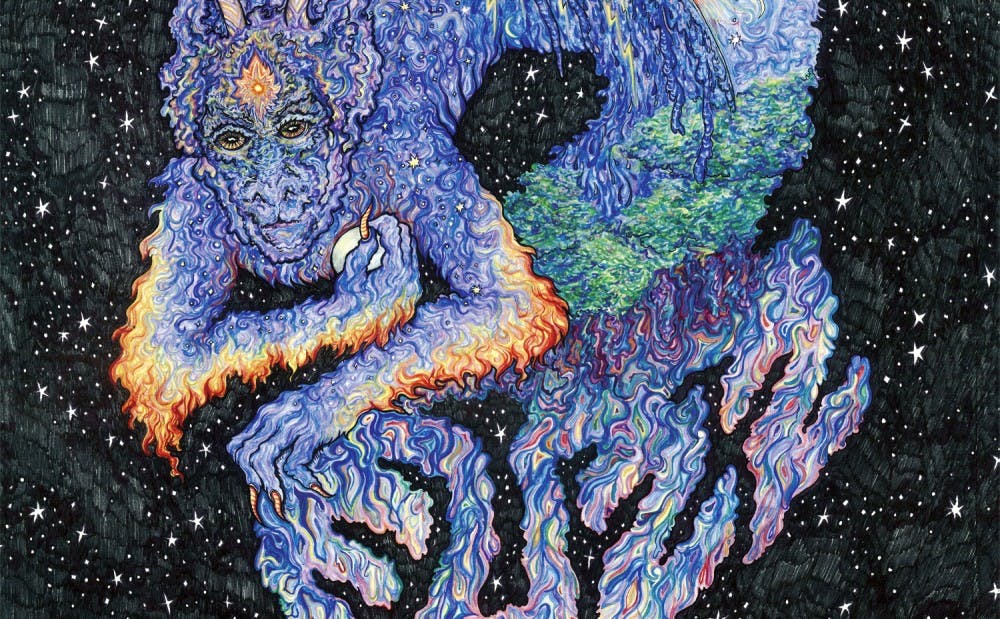Fuzz
Drag City
4/5 stars
After first listen to Fuzz’s self-titled debut album, I wasn’t sure whether its head-banging intensity was a rebellion against the modern music scene or a rip-off of late '60s garage proto-metal. One thing was for certain, though; Fuzz couldn't care less whether I liked the album or not.
Throughout “Fuzz,” frontman Ty Segall shows a marked departure from his previous work. The laid-back, hazy feel of projects like “Sleeper” is replaced by tight drumming, over-driven bass and heavy guitar to give a psychedelic and bluesy yet intense mood. The underwater, stoner effect on the lead combines with hopelessly wailing vocals to create a dark quality reminiscent of Black Sabbath and The Stooges.
Fuzz’s greatest strength is that they are able to accomplish this bleak feel without sounding dated or cliché. Their manipulation of time signature, mostly seen in 'Sleigh Ride,' helps make them sound original. Although I’d prefer a more raw sound, the relative cleanness of the album creates an ordered clarity with a distinctly modern feel.
Guitarist Charles Moothart’s solo work plays a large role throughout the album. Although it can be a bit awkward and forcibly deliberate at times, Moothart's style creates the feeling of dialogue within the band. The psychedelic lines interspersed with aggressive chords keep the solos entertaining. One major problem with his playing is his overdone use of the tremolo bar. Yes, Fuzz is intense and edgy, but Moothart is skilled enough to convey this quality without having to use this effect as a crutch. His talent definitely shines through in the final track, 'One,' a dirty, fast-paced instrumental.
Lyrically the album is nothing special, mostly because Segall’s wailing is almost impossible to decipher. Still, upon close listening, part of “Hazemaze” can be made out to be, “You tell them the secrets of your mind / But the answer, still you cannot find,” and in the first track, he’s pretty clearly screaming about conspiracy. It’s safe to say you can expect sardonic, anti-society themes throughout the album. Segall’s drumming makes up for the singing, though, and its controlled intensity keeps the band from ever sounding like complete chaos.
“Fuzz” sounds and feels like three friends getting together to pay tribute to a time when rock music took on the dark intensity that made it so vibrantly passionate. Musically, “Fuzz” doesn’t push any boundaries. It combines the heavy psychedelic blues and apocalyptic wailing of past masters with a modern quirkiness and musicianship to put together a solid album that is no less—or more—than straight cool.
Get The Chronicle straight to your inbox
Signup for our weekly newsletter. Cancel at any time.

